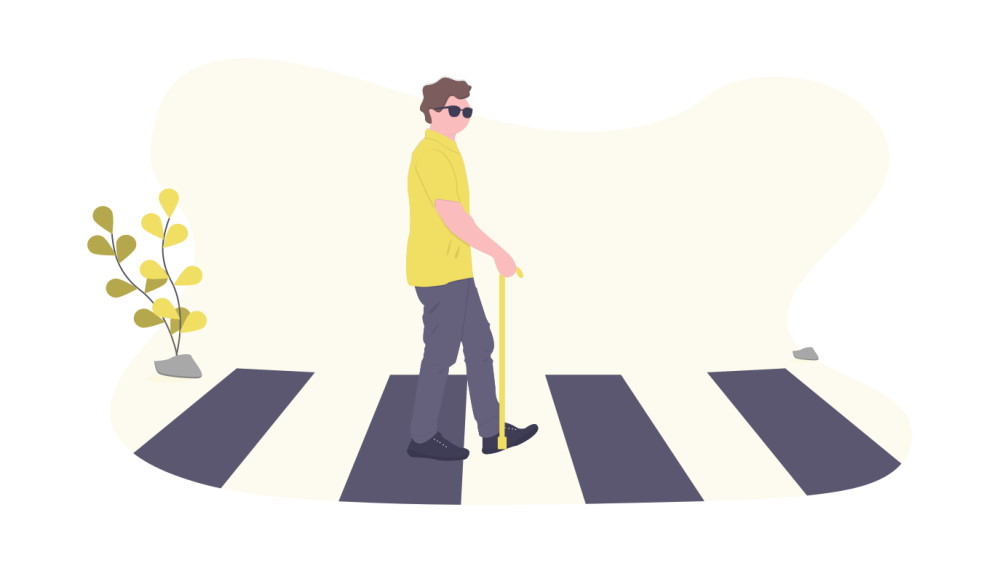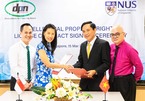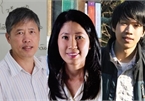The national survey conducted by the GSO in 2016-2017 and the results made public in January 2019 showed that Vietnam has 6.2 million people with disabilities, accounting for 7.06 percent of the population. This includes 1.03 million visually impaired people.

Because of the specific characteristic of the disability, there are still not many careers and equipment to support the blind. Therefore, they have very few job opportunities and have to take simple jobs which give low and unstable income.
The Vietnam National Institute of Software and Digital Content Industry (NISCI), in cooperation with the Vietnam Blind Association and technology firms and experts, have kicked off a project on building software that helps visually impaired people earn their living by information labelling (InLab).
InLab is a software tool that allows the blind to be involved in data labelling, one of the important stages of the AI industry.
| The startup project offers visually impaired people a stable job – listening to people’s breathing and help provide data for diagnoses about respiratory illnesses. |
The project will be implemented in two stages. First, building the software tool to train and guide visually impaired people to label data. In the next stage, the people will be instructed how to use computers and smartphones to digitize data.
At this moment, the project implementers are guiding some people to undertake their work.
After understanding how to use the software, people will label data with audio clips or texts (with the support of the reading software) available in the data store. Before taking their work, the people will be tested. Certificates will be given to the people and workers will be classified and given work suitable to their capability.
Those who meet the requirements can log in the system and choose one or many jobs in the list. The software will assess the efficiency of the works based on the information about the time, working frequency and the volume of data labelled correctly, to calculate the pay for workers.
In the current context of the Covid-19 epidemic which puts pressure on the healthcare system, the experts implementing the project hope they can build up a trial model that helps diagnose respiratory diseases through people’s breathing sounds based on the data labeling system.
Many similar projects have been implemented on a trial basis around the world, which allows users to have medical examinations from a distance.
ResApp Health, a project of Australia, and Breathe for Science of New York University, for example, collect breath recording files to study the link between the breath and respiratory diseases.
Kim Chi

Vietnamese scientist finds 'super material' in waste products
Aerogel, the super material, opens great opportunities for humans to solve problems, from waste treatment and environmental protection to the production of new materials.

Three scientists to be honoured with 2020 Ta Quang Buu Award
The 2020 Ta Quang Buu Award will be presented to three scientists who have made significant contributions to the country’s science and technology sector.
 The startup project offers visually impaired people a stable job – listening to people’s breathing and help provide data for diagnoses about respiratory illnesses.
The startup project offers visually impaired people a stable job – listening to people’s breathing and help provide data for diagnoses about respiratory illnesses.